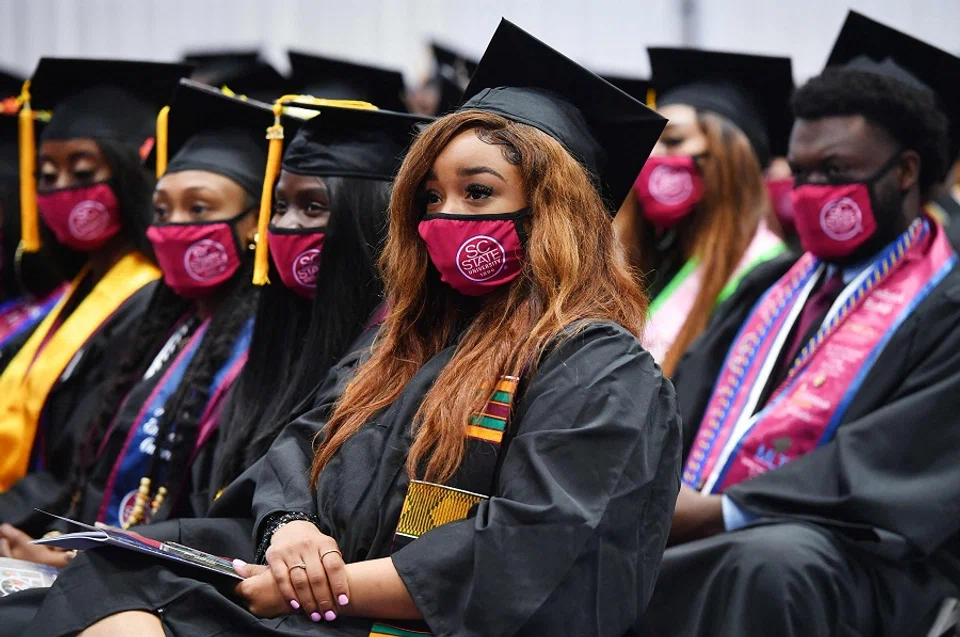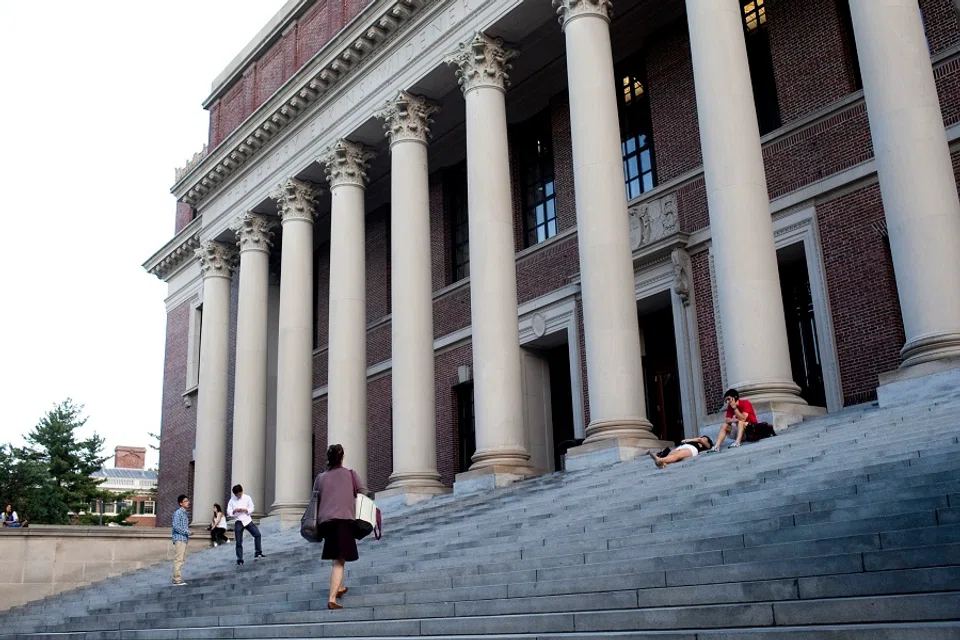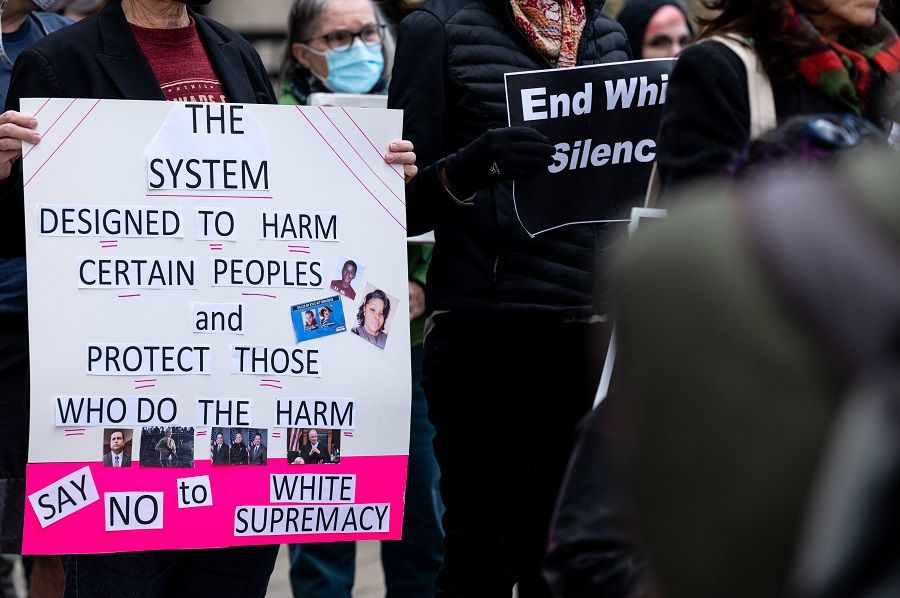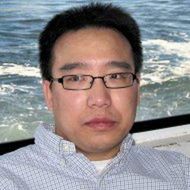Are American universities veering too far left?

In various exchanges on the internet and on WeChat, I often see Chinese academics and international students in the US warning against and criticising the "far-left" tendencies of American universities. Cases of American students criticising, boycotting and reporting their professors to the authorities, and their pursuit of extreme political correctness are reminiscent of the tragic Cultural Revolution in China, sparking imaginings of an "American Cultural Revolution". However, the Chinese may have exaggerated the extent and impact of these tendencies in American universities and society at large.
A small group of students aggregating for change
While some critics are quick to list various leftist radical behaviours seen at top American universities, they may have forgotten that in America's highly diverse and complex society, top universities are the epitome of top education resources and avant garde thinking. In an education system that is highly elitist, a percentage of professors and students in top universities are fundamentally opposed to longstanding social ills and conservative traditionalism.

They exist as a critical force against a much larger and more powerful conservative mindset and social convention, and by extension, an interpretation of American history. That is, is American history a history of freedom and progress, or slavery and domination? While both sides can say their piece, I think that the latter should receive more attention because the former is a long-established mainstream narrative while the latter is a critical reflection that only emerged much more recently.
The problem is, if observers only pick out radical behaviour in universities but ignore the dominant conservative social thought coursing through American society and in villages and towns, they would falsely think that leftist ideology is on the cusp of monopolising speaking rights and putting everyone in danger. It would also be wrongly equating elitist universities with US society, and take the radical behaviour of some students to be that of overall American society, ignoring its part in critiquing and countering the more entrenched conservatism.
So then, does this kind of naive idealism have any value in today's highly materialised world? I say the answer is a resounding yes.
For historical context, New York University School of Law Professor Richard H. Pildes published a commentary in The New York Times in late 2021, discussing the fragmentation of American politics. He accurately summarised the changes in American society's ideological and political landscape: "Since the New Deal in the US and World War II in Europe, the parties of the left had represented less affluent, less educated voters. Now those voters are becoming the base of parties on the right, with more affluent, more educated voters shifting to parties on the left. Major parties are struggling to figure out how to patch together winning coalitions in the midst of this shattering transformation."
I think that this observation will help the Chinese to understand the evolution of American society, how concepts have shifted and been redefined, as well as the context of the era of radical left-wing thinking in American universities. Essentially, some of the "more affluent, more educated" Americans are starting to reflect on history and reality, and naturally, they are most concentrated in the elite universities where they are best able to express themselves.

Left-wing history tells us that leaders of leftist groups are often idealistic elites who have a higher educational background and social status, and yet have developed a strong sense of justice and empathy. It is inevitable for universities, whose mainstay is education and thought, to be the incubator of such mindsets.
Champions of social justice needed
So then, does this kind of naive idealism have any value in today's highly materialised world? I say the answer is a resounding yes.
Firstly, this trend of thought is a result of the social milieu. As long as there is injustice in society, the pursuit of justice will persist. Secondly, such moral emotions borne out of compassion for the suffering of others and a hatred of oppression, is often only intensely felt by the younger generation because it is easier for adults to grow numb to the ways of the world. How sensitive youth are to certain issues, their instinctive sense of justice, and the room for contemplation in an environment relatively detached from harsh realities constitute the backdrop to the college campus' left-wing tendencies.
But even within such college campuses where equality is regarded as the ideal, sometimes to the point of restricting certain forms of speech, one must face up to the racism and sexism that never really went away, which include attacks on African-American and Asian-American students, frequent sexual assaults and the negligence of such assaults, and the overt or covert oppression against professors who are female or who come from an ethnic minority group. On 4 January 2022, American media reported that University of Pennsylvania law professor Amy Wax had publicly made racist remarks about Asians.
What's truly scary is not left-wing tendencies but youths who lose themselves to hedonism too early or who succumb to mediocrity, triviality and utilitarianism, and universities that are turning into hotels or chicken farms.

Actually, college students who are able to generate left-wing ideas or distinctly right-wing ones are valuable thinkers with the ability to make good judgements, as long as they do not do anything unethical. In most cases, as contemporary universities struggle between ideals, knowledge, skills and the market, it is easier to be neither left- nor right-leaning, and in fact mediocre and highly utilitarian, even in Western countries. This is what mainland Chinese academics call a "chicken farm" (养鸡场) situation, where students are more focused on whether their tuition fees are value for money, what grades they are getting, their deadlines, extensions and holidays, and all their personal troubles, instead of the bigger issues. What's truly scary is not left-wing tendencies but youths who lose themselves to hedonism too early or who succumb to mediocrity, triviality and utilitarianism, and universities that are turning into hotels or chicken farms.
Better to have a stand than none at all
Thus, instead of being bothered by whether students are left-wing or right-wing, I am more concerned about whether students are true thinkers who reflect on today's US and its relationship with the world, and whether they give thought to societies outside of the US, as well as the future of the world. I know a student who is a self-proclaimed "hardcore socialist", truly one-of-a-kind. He is precisely the type of student who has done a lot of voluntary extra reading since his high school days, and is an extremely disciplined, sincere and serious youth. On the other hand, many other students are neither left nor right, and simply go with the flow, merely muddling along.
In a market-oriented university, it is indeed necessary for professors - as individual employees - to protect themselves and try not to be targeted by students. But this is merely a strategy to avoid conflict and a utilitarian response to reality. After all, academics are individuals rooted in independent thinking. While they criticise the situation, they should also seek to fully understand and reflect on leftist tendencies amid the current era and its larger social environment.
Related: A 'left-wing cultural revolution' has come to America? | US colleges rethink purpose of higher education after Capitol siege | 'Transnational Chinese-language cyber intellectual enclaves': An emerging phenomenon | A Chinese education: Why are Chinese parents and kids going to extremes? | A burning issue among Chinese youths: How to escape the rat race?
